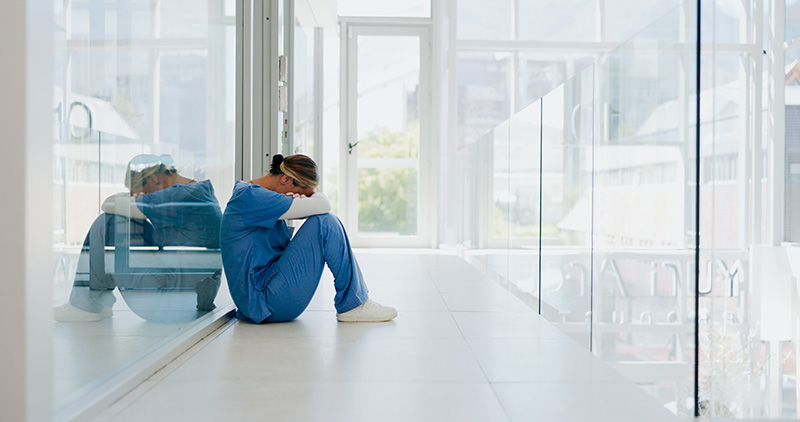When you have diabetes, you have to watch what you eat and drink almost constantly. You have been diagnosed with high blood sugar because your body is not producing enough insulin, which affects the way your body turns food into energy. You are probably taking medications and trying to manage the diabetes with a healthy diet and exercise. Can people with diabetes drink alcohol? Given your health situation, it may not be such a great idea.
Hypoglycemia Concerns
If you drink alcohol when you are taking medications for your diabetes, especially insulin and sulfonylureas, you could lower your blood sugar too much. Hypoglycemia is extremely low blood sugar and can happen because of the way alcohol interacts with your medicine.
Your liver stabilizes your glucose, or blood sugar, levels by storing carbohydrates and then releasing them into your bloodstream between meals. Think of this as your body’s detox center, as it breaks down toxins such as alcohol so your kidneys can flush them away. However, if your liver metabolizes the alcohol instead of maintaining your blood sugar, you could develop hypoglycemia. This is more likely to happen when you drink alcohol without eating anything.
If you have very low blood sugar while drinking alcohol, the symptoms appear to be similar to when you have had too much to drink. You may develop slurred speech, confusion, or difficulties walking. This is dangerous because you won’t be able to tell whether it’s the hypoglycemia or the excessive alcohol that is causing your symptoms. Your hypoglycemia could also strike several hours after you’ve been drinking, so you’ll need to be aware of the signs.
Carbohydrate Confusion
When you’re at risk for hypoglycemia because you have consumed alcohol when you have diabetes, you may think that high carb drinks can solve that problem. What you may not realize is that alcohol doesn’t require insulin to provide energy to your body and many alcoholic drinks are almost carbohydrate free.
Also, liquid sugars are absorbed quickly by your body, so even if you were to consume liquid carbs, they wouldn’t be much help in preventing the low blood sugar that can occur even several hours after you’ve been drinking. The food you eat, though, is digested gradually and will provide better protection against low blood sugar.
Added Calories
When you have diabetes, it’s important to stick to a healthy diet and to try to lose excess weight. Alcohol adds calories to your diet that you probably don’t need. Drinking can also make you lose track of what you’re eating or even stimulate your appetite, causing you to overeat and affecting your blood sugar control. The alcohol can also affect your judgment, so that you may make poor food choices while drinking. People with diabetes who drink alcohol may find it more difficult to lose that weight.
Other Health Considerations
Drinking alcohol when you have diabetes can cause other health issues for you. It may increase your triglyceride levels and increase your blood pressure. You could also experience symptoms such as nausea, increased heart rate, slurred speech, and flushing. These could also mask the signs of low blood sugar, which could be dangerous for you.
Long-Term Issues
Drinking alcohol over the long term when you have diabetes can be particularly hazardous for your physical health. Extended drinking over long periods of time could result in an increase in your blood sugar levels, or hyperglycemia. In fact, regular consumption of alcohol has been shown to lead to increased insulin resistance. This could result in further destroying your glycemic control and could lead to poor adherence to general diabetes treatment guidelines.
Treatment for Alcohol Addiction in Philadelphia
When you have diabetes, you must be careful about what you eat and drink. Alcohol, in particular, can have damaging health effects for you. At Providence Treatment, we help professionals like you overcome an addiction to alcohol and drugs. We understand that it can be overwhelming for you to admit that you need help for your addiction to alcohol. When you are ready to get outpatient addiction treatment in Philadelphia, we are ready to help you.
Don’t let addiction to alcohol or drugs take over your life. You can overcome addiction at Providence Treatment. If you need help getting clean, then contact us at 484.469.9592, and you can begin your recovery as soon as possible.









